“…invest deeply in understanding different legal traditions and embrace the role of “translator” between legal cultures”- Edward Madziwa
Edward Madziwa is a Programme Assistant for the Security and Technology Programme at the United Nations Institute for Disarmament Research (UNIDIR) in Geneva. Prior to joining UNIDIR, Edward was a Human Rights Officer in the Complaints Handling and Investigations Department at the Zimbabwe Human Rights Commission where he was responsible for receiving, reviewing, and investigating complaints of human rights and fundamental freedoms violations. He also interned with the International Committee of the Red Cross where he conducted comprehensive research on Zimbabwe’s legal, domestic, and normative framework on the missing and management of the dead pursuant to the 2018 ICRC’s Missing and Deceased Migrants Pilot Project for Zimbabwe and South Africa. Additionally, he played a significant role in contributing to the Customary International Humanitarian Law (IHL) Study for Zimbabwe for the year 2018.
Edward holds a Bachelor of Laws (Honours) Degree (2019), a Master of Laws (LLM) in Constitutional and Human Rights Law (2022) from Midlands State University in Zimbabwe, and a Master of Advanced Studies – LLM in International Humanitarian Law and Human Rights from the Geneva Academy of International Humanitarian Law and Human Rights (2023). While at the Geneva Academy, as part of the internship programme, Edward interned with the Diakonia International Humanitarian Law Centre, contributing to some research work on the military manual review to ascertain the extent to which the concept of continuous combat function has been incorporated into various military manuals and documents.
In recognition of his impactful research, Edward was co-awarded the prestigious Henry Dunant Prize – Research in 2023 for his work titled. “Advancing Honour and Dignity in Death for Victims of Armed Conflicts: Exploring the Challenges and Opportunities of Artificial Intelligence and Machine Learning in Humanitarian Forensic Action under International Humanitarian Law.”.
Edward is also a registered Legal Practitioner, Conveyancer, and Notary Public of the High Court and Superior Courts of Zimbabwe since September 2019. Edward’s research interests lie at the intersection of international law, human rights, humanitarian affairs, international peace, security, and new and emerging technologies. He is particularly passionate about exploring how legal frameworks can adapt to address new global challenges, from digital humanitarianism, technology governance, and cybersecurity to the evolving dynamics of armed conflict and international cooperation.
1. The driving force for choosing the legal profession.
Edward’s passion for law was born out of a deep belief that it can be a powerful force for protecting dignity, advancing peace, and shaping a more just world. Growing up in Zimbabwe, he witnessed both the strength and fragility of legal protections – how when upheld, the law could shield the vulnerable and challenge entrenched injustice. Edward knew at an early stage that he wanted to be on the good side of history, fighting for the betterment of the world we live in. One pivotal moment for him came when a local attorney successfully won a case of a child-headed family whose inheritance was once taken by their relatives after the death of their parents demonstrating how legal expertise could level deeply unequal playing fields.
Driven by this conviction, Edward chose to pursue his law degree at Midlands State University, Zimbabwe, drawn by its strong reputation for fostering critical thinking, advocacy skills, and a commitment to a wholesome lawyer. He wanted an environment that would not only sharpen his legal knowledge but also encourage him to think boldly about the law’s role in transforming society.
As his journey continued, his focus expanded beyond national borders. He became increasingly drawn to international law, particularly international humanitarian law and human rights, and the critical role of technology in shaping our future. Through his experiences with organisations like the Zimbabwe Human Rights Commission, the International Committee of the Red Cross, and the United Nations Institute for Disarmament Research, he found fulfilment in using law not just to respond to harm but to anticipate and prevent it. What keeps the practice of law fulfilling for him is the constant opportunity to innovate, build bridges across disciplines, and contribute to frameworks that protect vulnerable and future generations. The evolving intersections between law, technology, and human rights remain a constant source of inspiration for his journey.
2. Qualities of an exceptional lawyer and how young professionals can cultivate these attributes?
In today’s interconnected and rapidly changing world, Edward believes that an exceptional lawyer is someone who embodies interdisciplinary agility, adaptive problem-solving, cultural competence, strategic foresight, and an unwavering commitment to ethics and integrity. The challenges we face today do not fit neatly within the boundaries of any single discipline and neither should the solutions.
Throughout his journey, Edward witnessed how legal analysis must engage with technology, policy, ethics, and diplomacy. He has seen how success increasingly depends on the ability to bridge fields and understand broader societal implications. For young professionals, cultivating these attributes means being deeply curious, embracing complexity, and seeking experiences beyond traditional legal roles by being versatile – whether in technology, policy innovation, or international cooperation, embracing technology while remaining rooted in values of service, fairness, humility, and human dignity.
3. Next groundbreaking project or initiative and possible impacts.
Drawing on his background, Edward is developing an initiative aimed at empowering African States to participate more effectively in multilateral processes at the UN and beyond, through informed research, strategic foresight, and capacity development. This initiative will respond to a critical need: strengthening the ability of African nations to shape global policies on human rights, technology governance, climate finance, trade, and sustainable development on their own terms.
What makes this initiative groundbreaking is its comprehensive approach. It moves beyond traditional models of technical assistance to build a sustainable framework that combines rigorous, context-specific legal research with practical diplomatic training and ongoing strategic support. By establishing a network that connects African legal experts with counterparts in international organisations, this project seeks to foster lasting knowledge transfer and a community of practice, not just short-term interventions.
The impact Edward hopes to achieve extends far beyond individual negotiations. By amplifying African voices in international forums, he envisions contributing to a more balanced global governance architecture that genuinely reflects diverse development priorities and realities. Success would mean not only more equitable international frameworks but also stronger national implementation of international law, helping translate global commitments into meaningful change across the continent.
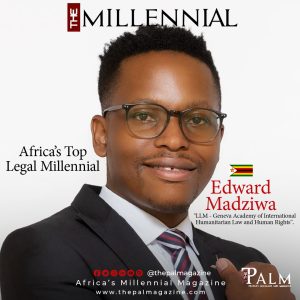
4. Role models and books with huge impacts.
Throughout his journey, Edward has found guiding lights in the work of remarkable legal thinkers like Andrew Clapham, whose human rights scholarship has opened his eyes to the living, evolving nature of law and how it must rise to meet new and complex challenges without losing its soul. Andrew Clapham’s writings have given Edward the language for ideas he had felt for years: that the law is not static but a constant, dynamic pursuit of justice.
As his interests grew toward the intersections of conflict, technology, and humanitarian principles, he discovered the work of Gabriella Blum, whose interdisciplinary research resonated deeply with his own passion for bridging law, technology, and human dignity. She showed him that it is not only possible but necessary to bridge fields if we are truly to protect human dignity in times of crisis.
One book that continues to shape Edward’s thinking is “The Future of Violence: Robots and Germs, Hackers and Drones” by Benjamin Wittes and Gabriella Blum. It challenged him to confront how rapidly the landscape of threats is changing and how international law must adapt if it is to remain a shield for the vulnerable. It continues to remind him that the role of legal professionals is to move beyond traditional paradigms and imagine and build protections that the future demands. It has deepened his conviction that future generations of lawyers must be proactive, imaginative, and courageous in rethinking how the law safeguards humanity in an age of unprecedented technological developments.
5. Advice or guiding principles for young legal professionals and advocates trying to find their place and purpose in the legal terrain.
To young professionals, invest deeply in understanding different legal traditions and embrace the role of “translator” between legal cultures. Trust your values, embrace learning, stay resilient, and never lose your hunger for learning. Your legal journey may lead you through unexpected fields – from human rights advocacy to digital governance, but every experience will enrich your perspective and sharpen your ability to make an impact. Maintain curiosity and adaptability. Focus on building a diverse legal toolkit that can be applied in various contexts rather than narrowing your focus too early. Seek opportunities that expand rather than limit your horizons. Find mentorship where you can, but do not be afraid to carve your own path. The world urgently needs innovative legal thinkers who are bold enough to ask the difficult questions, challenge the status quo, and imagine better futures. Above all, remember that the law is not just about systems and structures. It is, at its heart, about people – their dignity, their rights and their future. Keep an open mind as there are 101+ doors that a law degree can open for you. Walk through them with courage.
Click here to read our previous Millennial, Sabreen Fawzy Flefil
Editorial Team
Silver Obioha
Clinton Nyamongo
Kazeem Afolabi
Dikeledi Matlhagare
Tolulope Olasunkanmi
Sulaimon Badmus
Aya Hamdy
Princess Maake
Jemilat Akerele
Vera Enubianozor
Brandon Otieno
Oluwabusayo Awodele
Kyenpiya Wonang
Gift Nwoke
Jessica Odoh
Tracy Karumba
Mary-Jones Ossi
Halimah Oladunni
Mary Linus
Peter Momoh
Jessica Omoruyi





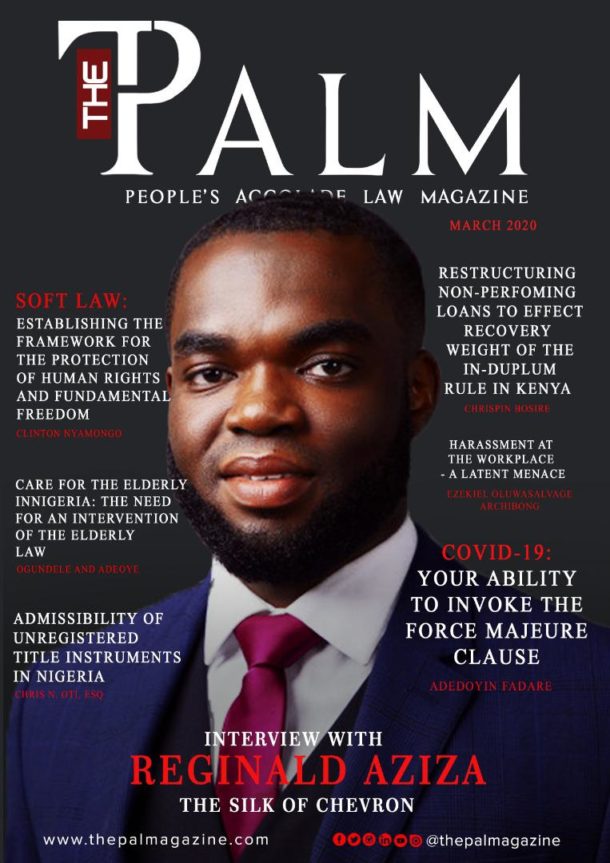

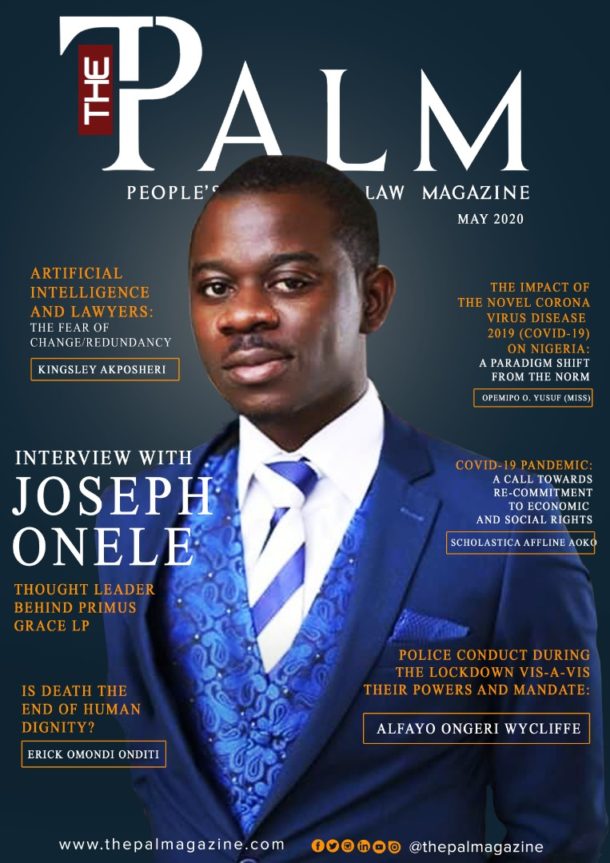
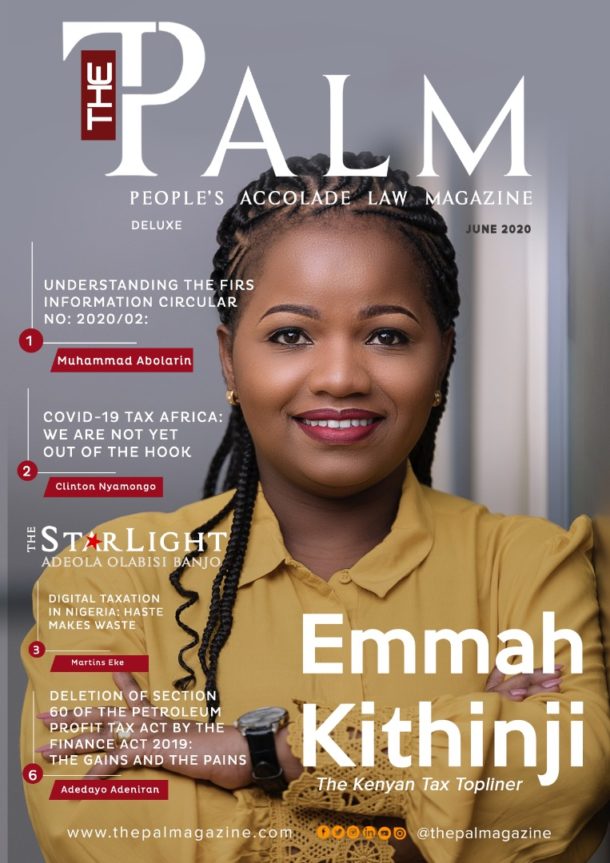

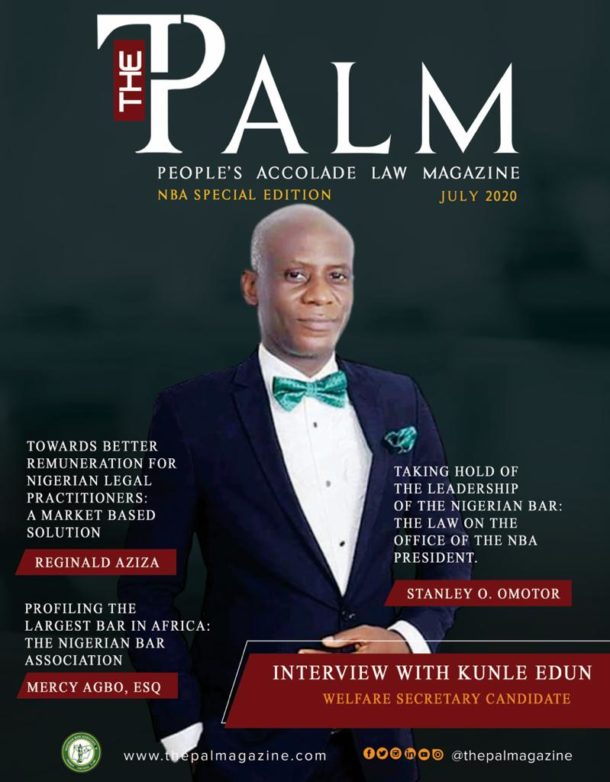
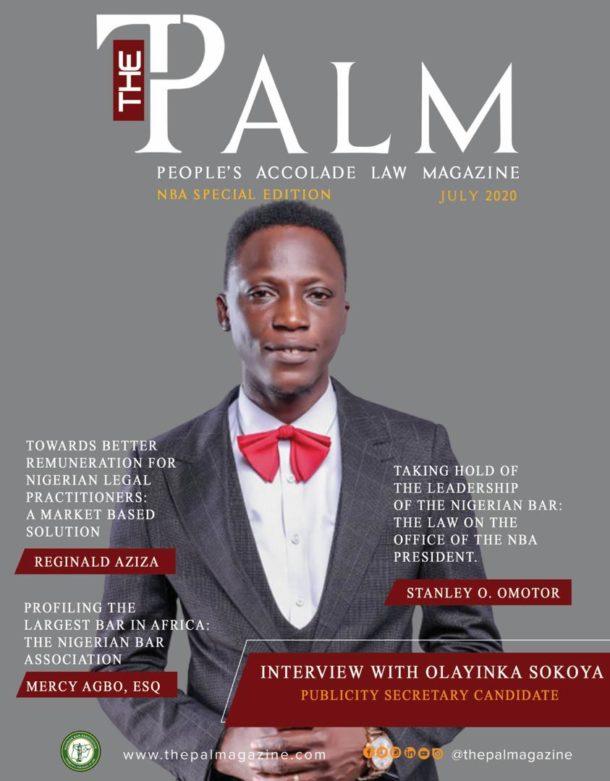
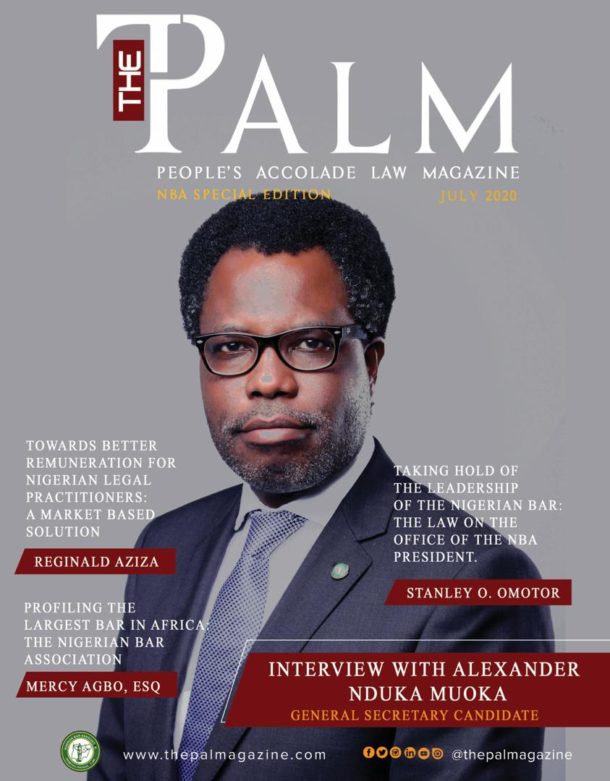

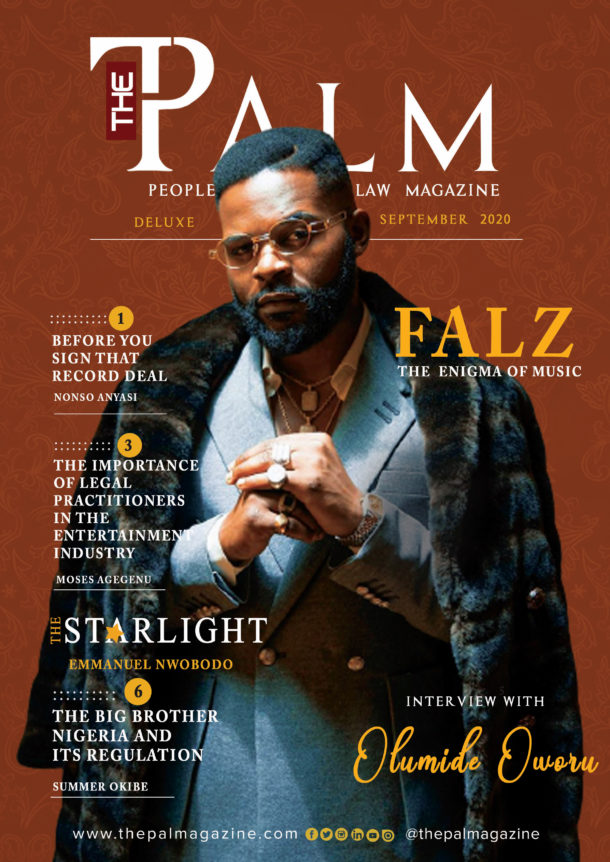
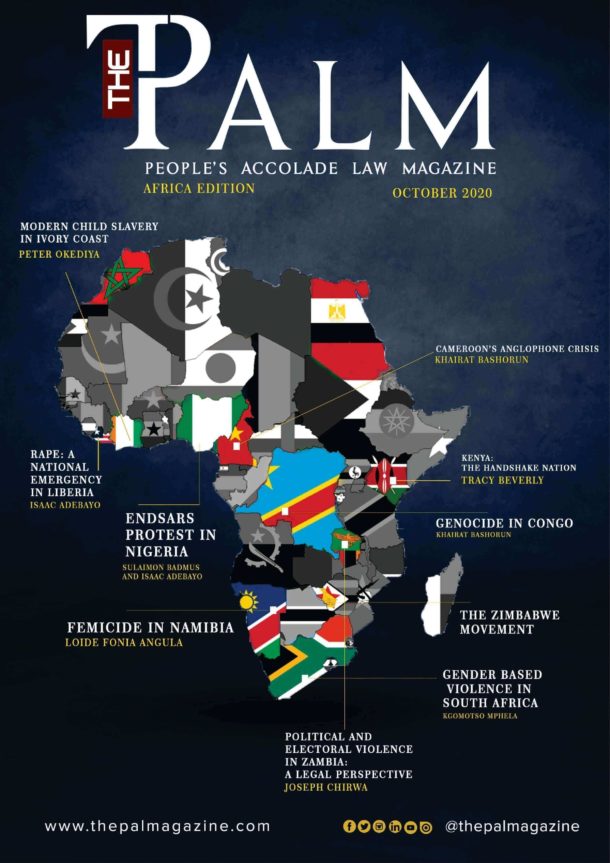


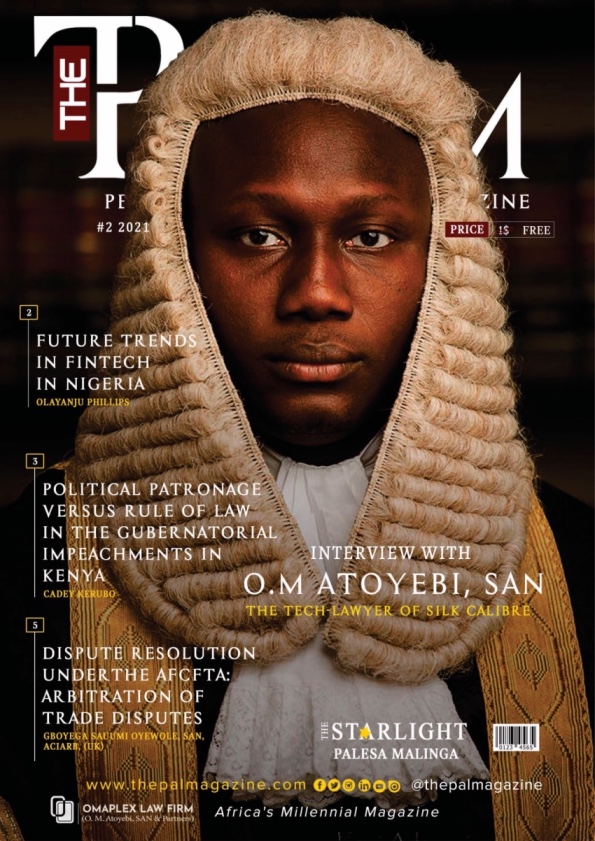

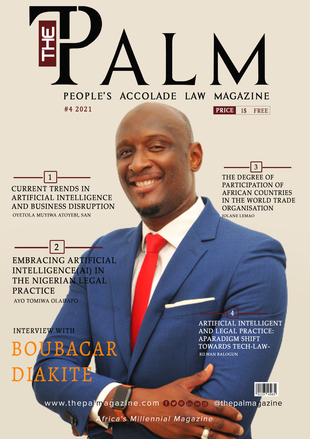

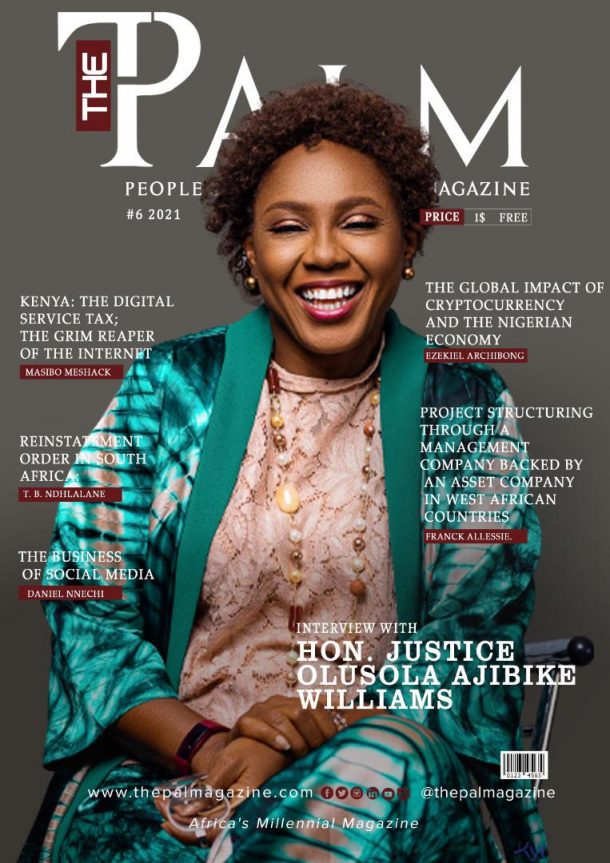
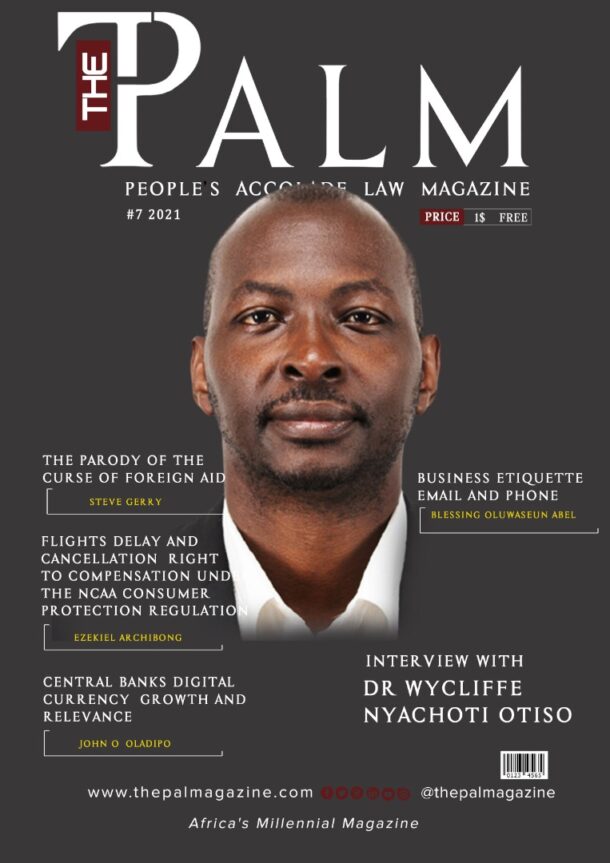



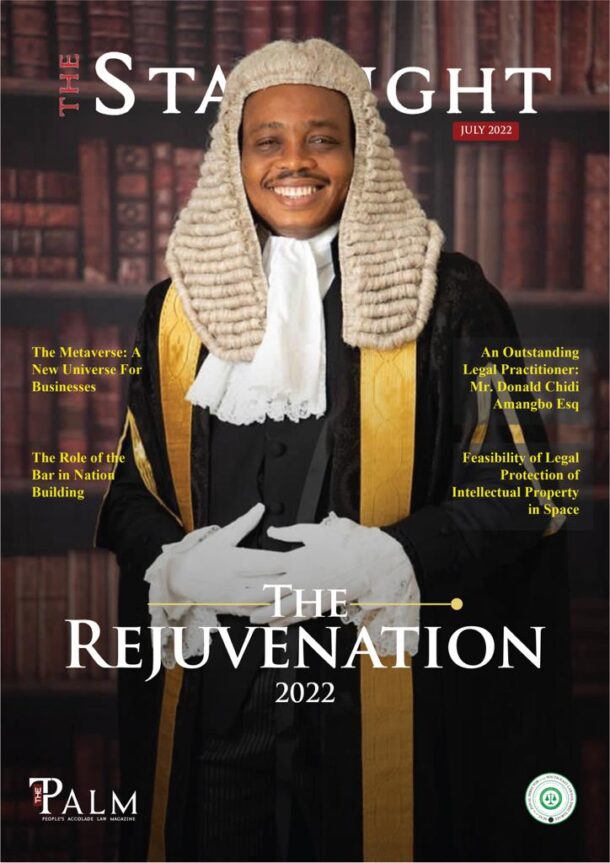


One Response
well done Edward. Keep on keeping on